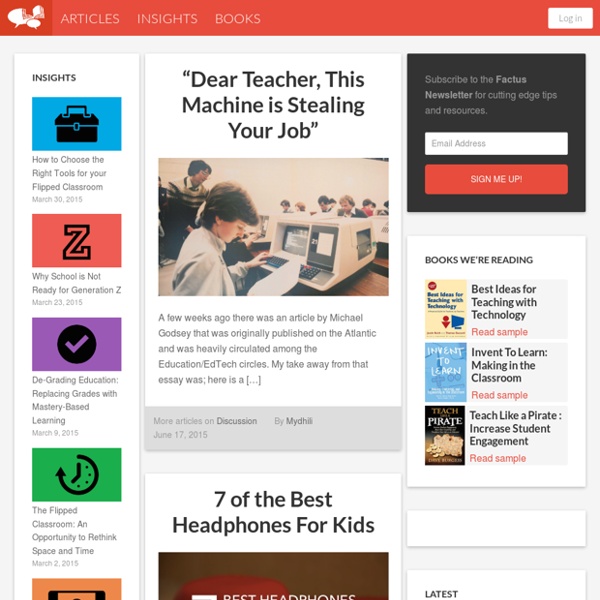



How to Take Advantage of Online Training Tools As options for learning online continue to expand, a growing number of entrepreneurs are using them to keep their staff on the cutting edge. Using tools for online training, including videos, apps, and webinars, rather than sending employees to expensive training seminars or bringing in pricey consultants to train on site, can save startups and growing businesses both money and time. Companies with fewer than 500 employees represent one of the fastest-growing markets for lynda.com, an online learning library with more than 1,450 video courses. "Small businesses are turning to online training for cost, quality, and access reasons," says Nate Kimmons, vice president of enterprise marketing at lynda.com. "Gone are the days of sending employees off to a two-day, in-person class. Online training serves as a 24/7 resource that the learner can access anytime, anywhere at their own pace from any device. 1. Related: Olympic Training Tips for Coaching Employees to Greatness 2. 3. 4. 5.
Connected Educators | Helping Educators Thrive in a Connected World How to Create a Pivot Table in Excel 2007 - Video If you have a spread sheet with a large amount of data — like a year's worth of inventory management or sales figures — you can create a pivot table in Microsoft Excel to help you look at specific sections or identify key trends. First, place your courser anywhere in your existing spreadsheet. Then click on the insert tab in the top navigation bar and click on the button for pivot table. Generally you're going to choose a new work sheet to keep the pivot table close to your data without having everything crowded on the same page. I'm going to move the list a little closer to the data so you can see how it builds. So the first thing I'm going to do is tell Excel which values to summarize. In this case, I'll do it by location and also by department. If I want to make any changes to the data that's visible in the table, all I have to do is grab the appropriate field in the list on the right, and drag it outside of the list to remove it.
The eLearning Guild Technology Integration Matrix Professional Development Resources The following resources have been developed to assist teachers, schools, and districts in applying the Technology Integration Matrix as part of a comprehensive technology integration plan. Summary Indicators – Printable Technology Integration Matrix The Table of Summary Indicators is a one-page PDF that includes short descriptors for each cell of the Matrix. Student Indicators – Printable Technology Integration Matrix The Table of Student Indicators is a two-page PDF that includes detailed descriptors for student activity for each cell of the Matrix. Teacher Indicators – Printable Technology Integration Matrix The Table of Teacher Indicators is a two-page PDF that includes detailed descriptors for teacher activity for each cell of the Matrix. Instructional Setting Indicators – Printable Technology Integration Matrix TIM 2.0 Presentation TIM Introductory Presentation (Keynote format) (Powerpoint Format) Classroom Technology Use: Measurement and Reporting
online learning insights Voice - A Publication of Central Michigan University's College of Extended Learning DDL launches an interactive forum for students Distance and Distributed Learning has launched an interactive forum for distance learning students. The purpose of this forum is to provide a space to build a community between students and administrators. By providing this space for students to voice their opinion throughout the term, we hope to learn what motivates distance education students, teachers and administrators and hope to improve our services to our online learning and teaching community. The forum will be facilitated by Yoon-il Auh, Ed.D., Director, Distance and Distributed Learning and Dick Cassle, DDL’s online faculty mentor. The facilitators will be checking the Discussion Board at least five times a week for student postings throughout the term and they are prepared to give timely responses to all concerns posted by enrolled DDL students. From time-to-time we will place surveys in the Student Support Group. Required materials include: DDL requirements include:
Edutech for Teachers